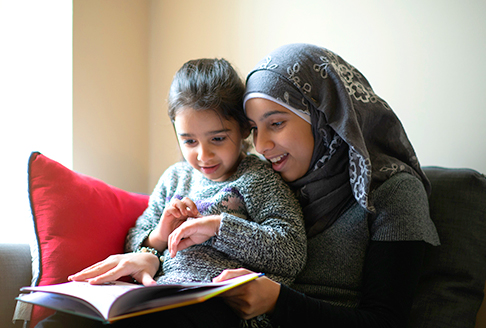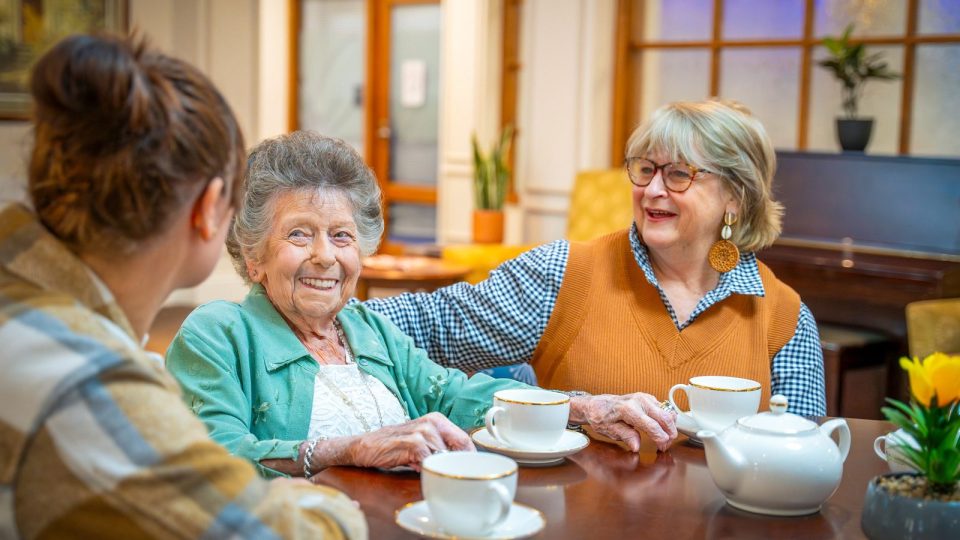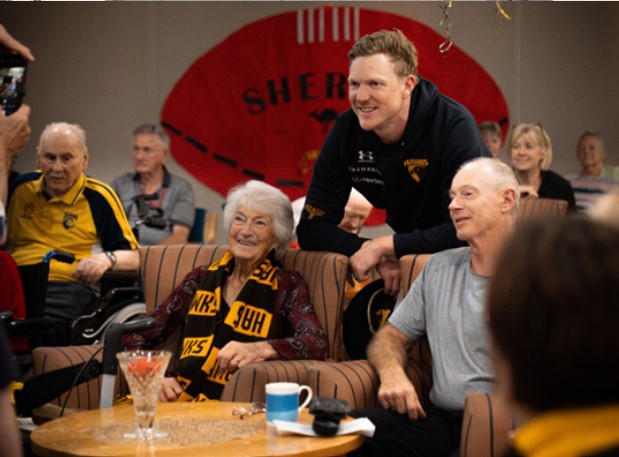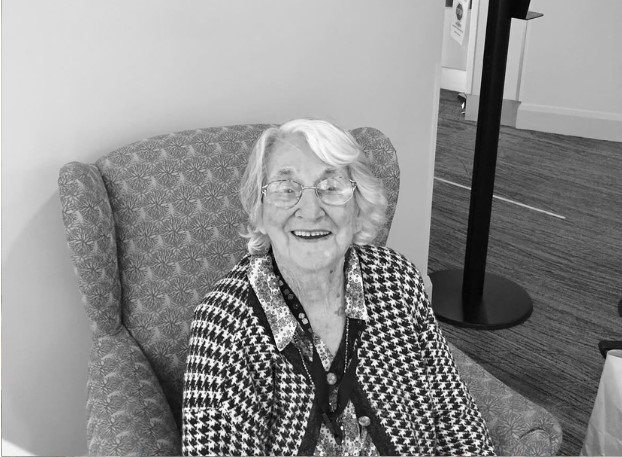What is the difference between an asylum seeker and a refugee?
- 23 Jun 2022

Turn on the news or pick up your favourite newspaper and you’ll probably hear or read something about refugees and asylum seekers. It’s easy to think of these two terms as the same – but they are very different by definition.
At Baptcare Sanctuary, our work is focused on helping people seeking asylum. We provide supported transitional accommodation to ensure safety, opportunity and a fair go for those seeking asylum.
What is a person seeking asylum?
A person seeking asylum is someone who has fled their own country to seek international protection as a refugee.
Reasons why a person may leave their own country include persecution, a fear of violence and/or human rights violations. Everyone’s story is different.
A person seeking asylum asks for protection while their claim for refugee status is being assessed.
What is a refugee?
A refugee is a person whose request for asylum has been successful. Consequently, their status has changed from person seeking asylum to refugee. To be granted refugee status, a person must pass a rigorous process. Under the Refugee Convention, the assessment of refugee status focusses on whether a person has a well-founded fear of being persecuted on grounds of race, religion, nationality, membership of a particular group, or political opinion. Where this does not apply, refugee status won’t be granted. However a person can be granted ‘complementary protection’ if their human rights are likely to be violated – for example through war or torture – in their country of origin.
Once granted refugee status, that person is entitled to protection and assistance.
How is an economic migrant different to an asylum seeker/refugee?
You may have heard the term ‘economic migrant’. This refers to someone who has left their country to seek a better life through improved financial or economic circumstances. (Their reasons may include accessing better job opportunities and/or improved pay).
As economic migrants leave their country for financial and economic reasons (rather than fleeing persecution) they are not entitled to receive international protection as asylum seekers/refugees.
What benefits do people seeking asylum receive from the Australian government?
Not everybody seeking asylum is eligible for government support. Those who are eligible receive basic income support, capped to a maximum of 89% of the Jobseeker payment.
Access to Medicare is broadly dependent on the type of visa held by the person seeking asylum and the conditions of that visa. Visa conditions themselves often change during the application process, creating greater uncertainty. Consequently, many people seeking asylum face problems accessing health services and prescription medicine.
Baptcare and other community service providers support eligible people seeking asylum with access to housing, basic health and social services. We recognise that these are some of the most disadvantaged and vulnerable people in our community.
Are asylum seekers allowed to work?
A person seeking asylum’s right to work and earn income depends on the type of bridging visa they hold, the conditions of that visa, and the progress of their case.
Would you like to learn more about how Baptcare supports people seeking asylum?
Click on the link to read more about our Baptcare Sanctuary program.
If you’d like to get involved and help with donations, employment or volunteering, contact our friendly Sanctuary team at sanctuary@baptcare.org.au
Community news
-

How to talk to a loved one about moving into aged care
One of the most challenging conversations we may have with our loved one is about whether it’s time to consider moving into residential aged care. Whether it’s a parent, grandparent, or partner, the topic can stir feelings of resistance and guilt. But when approached with empathy, patience and deep respect for the individual’s wishes, this conversation can become a meaningful step toward greater safety, comfort and connection.
- 18 Feb 2026
-

Hawthorn stars bring footy fun to Abbey Gardens
There was no mistaking the colours at Abbey Gardens Residential Aged Care Community in Warragul this week – brown and gold as far as the eye could see. Residents and staff donned their finest Hawthorn Football Club gear as players and support staff arrived for a visit, chatting with residents, signing autographs and bringing plenty of footy fun.
- 18 Feb 2026
-

Dressmaker, traveller, Bulldogs fan and volunteer – Thelma turns 100!
Thelma Powell, beloved resident and former volunteer at Westhaven, turned 100 on 9th February 2026 with balloons, party hats, and cake! Surrounded by her family, care team, the local MP, and Mayor, as well as a representative from her beloved footy team, the Bulldogs, it was a day to remember.
- 13 Feb 2026
